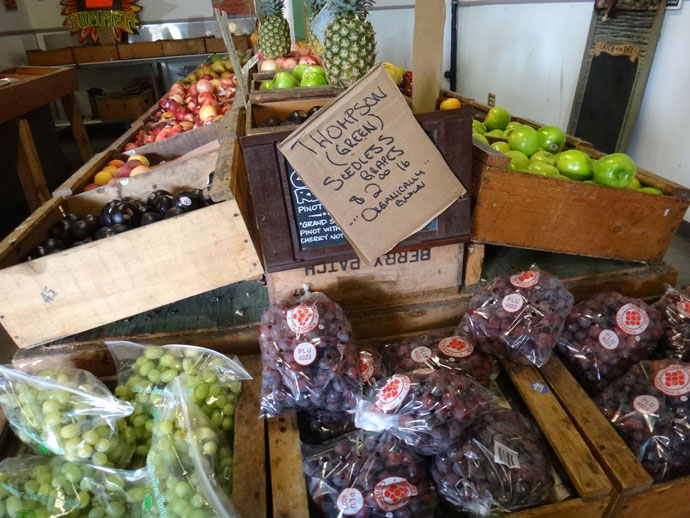New Study Finds A Huge Benefit In Eating Organic Vs. Non-Organic Foods

Image via Flickr/ Oleg
If you’ve ever wondered whether it was actually worth paying a couple of extra bucks for organic groceries, here’s your answer: It is.
In a new study from Newcastle University in the UK, researchers analyzed 343 studies in the compositional differences between organic and conventional crops and found that organic foods were 69 percent higher in a number of key antioxidants and nearly 50 percent lower in levels of toxic heavy metals.
Nitrogen concentration, in particular, was significantly lower in organic crops. Nitrogen, nitrate, and nitrite levels were 10 percent, 30 percent, and 87 percent lower respectively in the organic crops compared to the non-organic. The study also found that pesticide residues were four times more likely to be found in the conventional crops.
This study demonstrates that choosing food produced according to organic standards can lead to increased intake of nutritionally desirable antioxidants and reduced exposure to toxic heavy metals,” said Newcastle University Professor of Ecological Agriculture Carlo Leifert, who led the study. “This constitutes an important addition to the information currently available to consumers which until now has been confusing and in many cases is conflicting.”
The study, which is the largest of its kind, was published last week in the British Journal of Nutrition and provides the most extensive analysis of the nutrient content in organic vs. non-organic foods ever done. The findings contradict previous research by a 2009 UK Food Standards Agency study that found there was no significant difference in the nutritional benefits in organic and conventional crops. Leifert attributes the stark difference in findings to time and the fact that there is much more data available now to analyze than five years ago.
The organic vs non-organic debate has rumbled on for decades now but the evidence from this study is overwhelming – that organic food is high in antioxidants and lower in toxic metals and pesticides.” Leifert said. “But this study should just be a starting point. We have shown without doubt there are composition differences between organic and conventional crops, now there is an urgent need to carry out well-controlled human dietary intervention and cohort studies specifically designed to identify and quantify the health impacts of switching to organic food.”









































